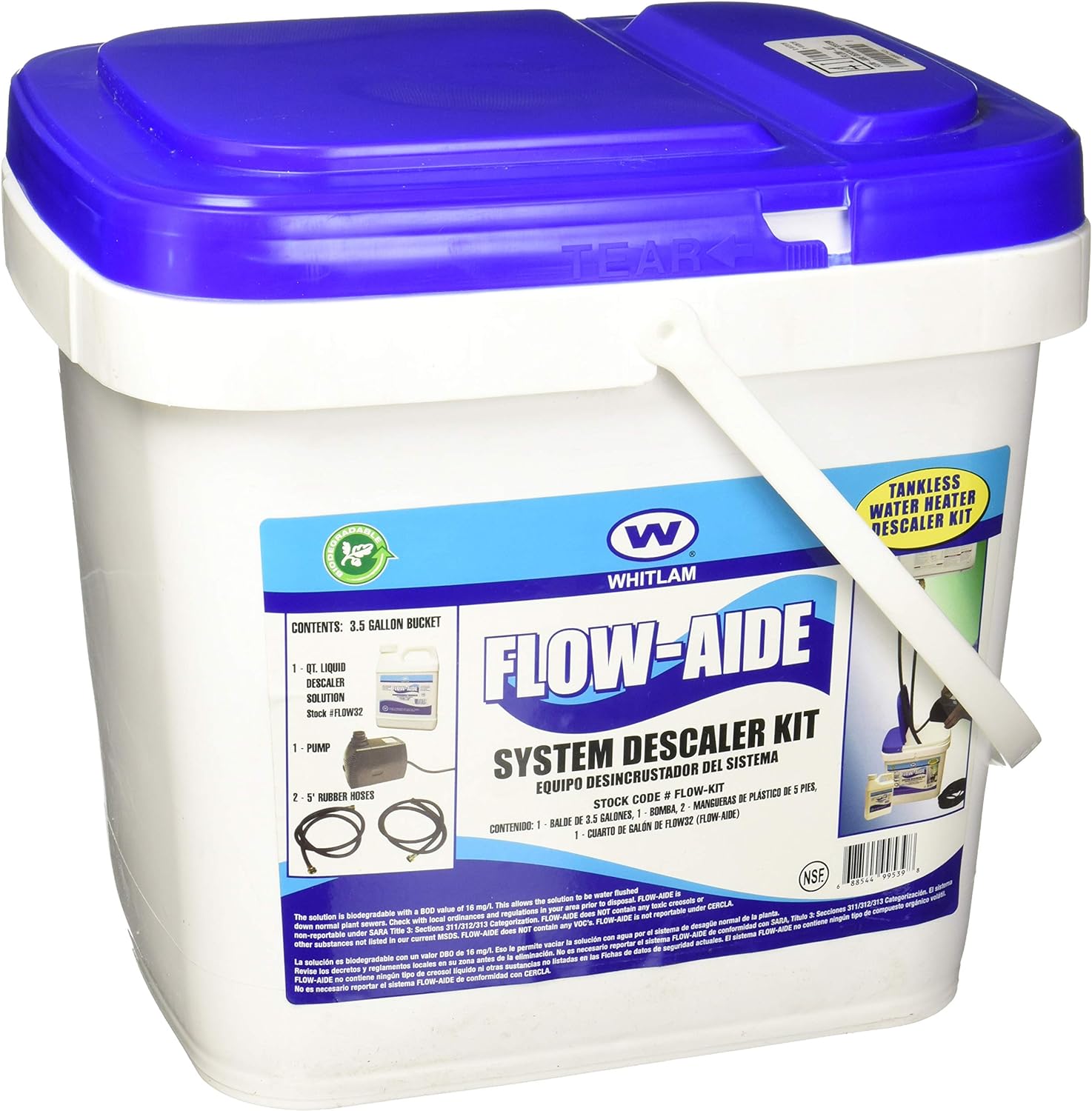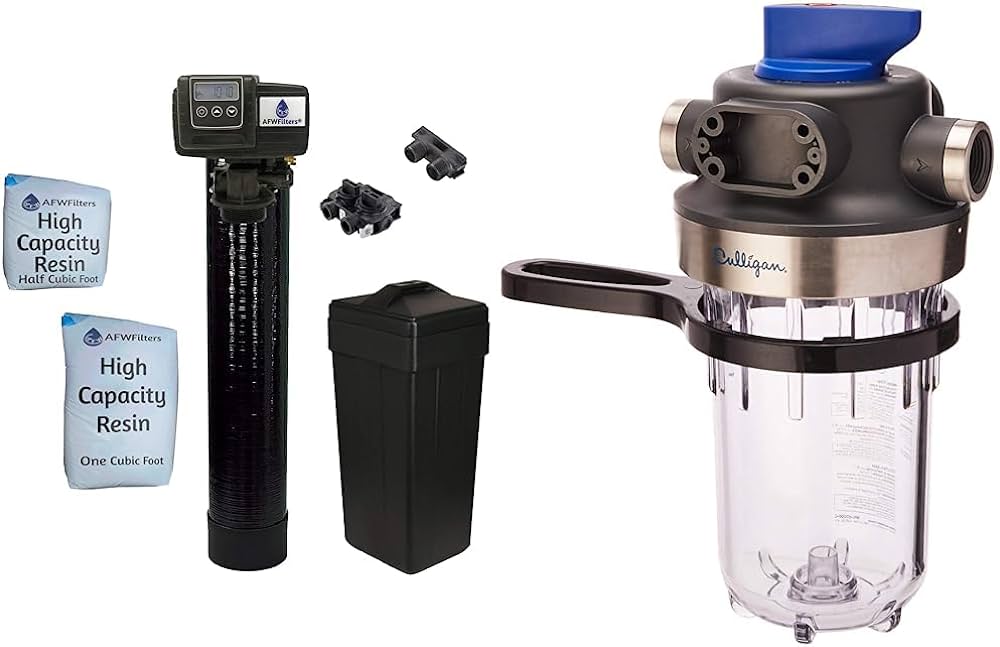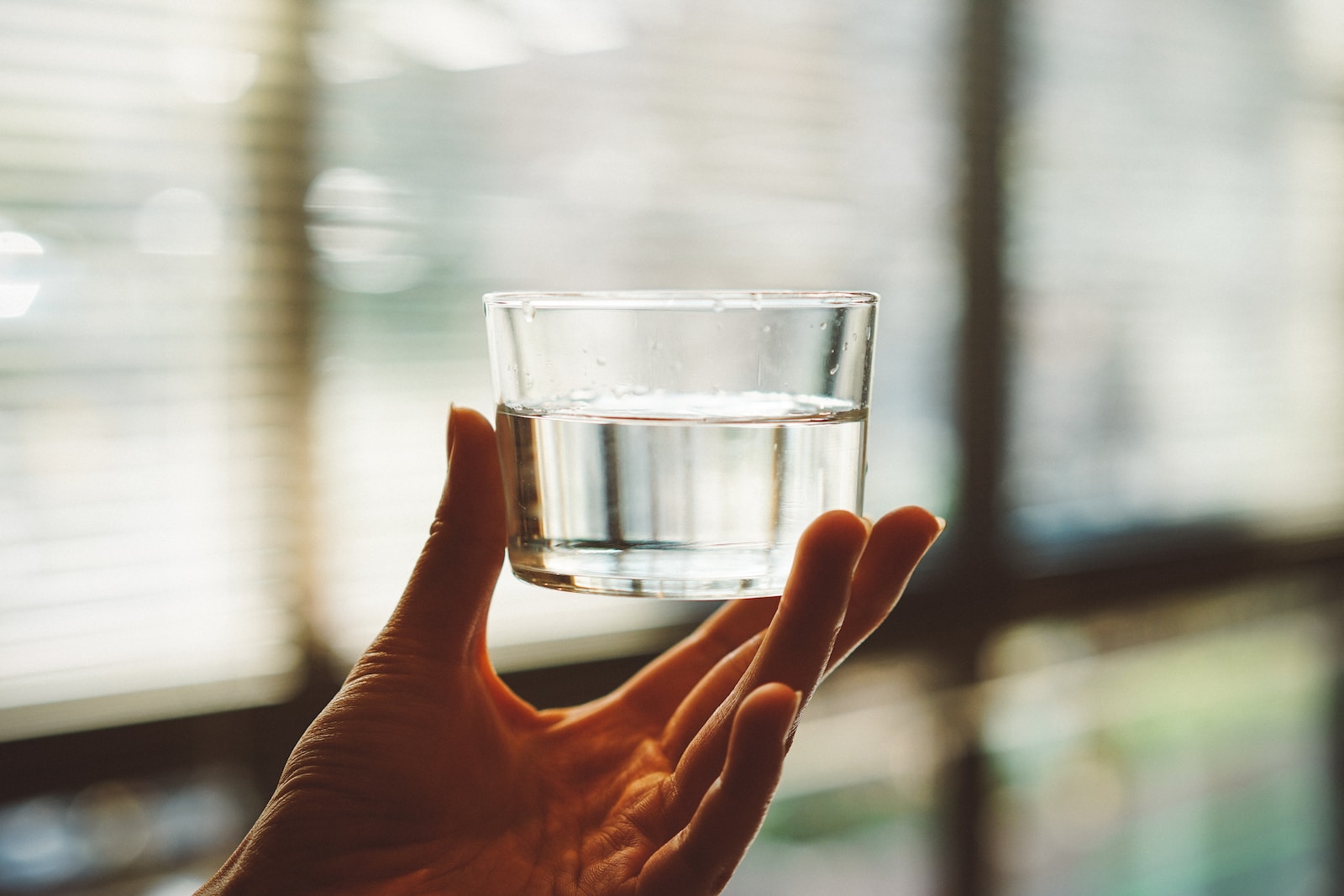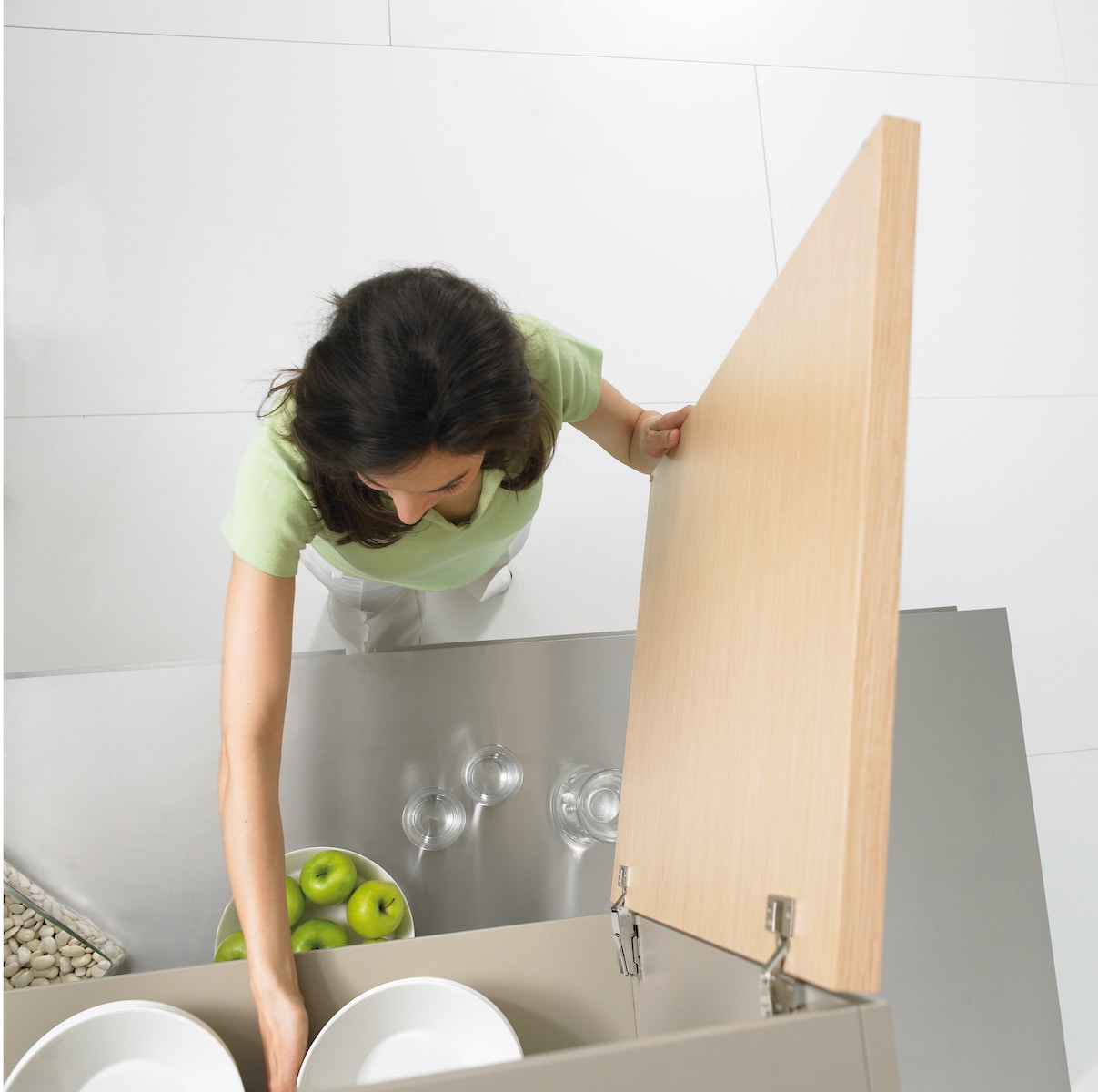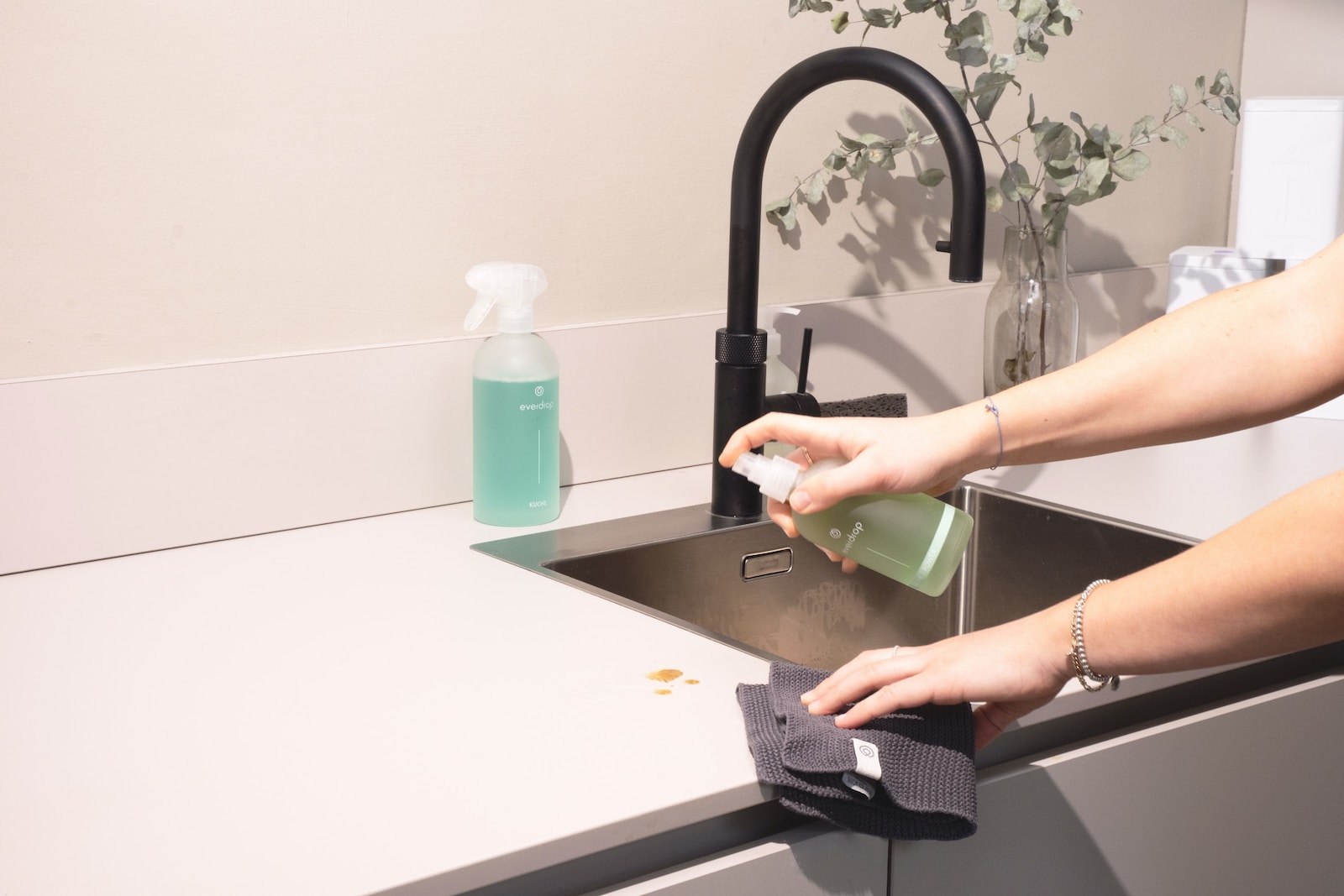Flow-Aide Descaler vs Vinegar: Choosing the Best Scale Remover
Purchasing products via the links in our article may result in us earning a commission, but rest assured, this does not influence our editorial independence.
Scale buildup is a common problem that many households face, especially in areas with hard water. It can wreak havoc on appliances such as coffee machines, kettles, dishwashers, and even plumbing systems. The accumulation of scale not only affects the performance and efficiency of these appliances but also shortens their lifespan. To combat this issue, scale removers are widely used for maintenance and descaling purposes. In this article, we will compare two popular scale removers – Flow-Aide Descaler and vinegar – to help you make an informed decision on choosing the best scale remover for your needs.
Flow-Aide Descaler
Flow-Aide Descaler is a powerful descaling solution that is specifically designed to remove scale buildup from various appliances and plumbing systems. It is composed of a unique blend of chemicals that work together to dissolve and remove scale effectively.
One of the key advantages of Flow-Aide Descaler is its effectiveness in removing scale buildup. According to recent studies, Flow-Aide Descaler has been found to remove scale at a rate 3 to 4 times faster than vinegar. This makes it a highly efficient solution for tackling tough scale deposits.
Flow-Aide Descaler is also compatible with a wide range of appliances and materials. Whether you need to descale a coffee machine, a tankless water heater, or even a plumbing system, Flow-Aide Descaler can be safely used without causing any damage. This versatility makes it a convenient option for homeowners looking to descale multiple appliances.
When using Flow-Aide Descaler, it is important to follow the application instructions and safety precautions provided by the manufacturer. This ensures that the descaling process is carried out effectively and without any risks. It is recommended to wear protective gloves and eyewear when handling the descaler, and to thoroughly rinse the appliance or plumbing system after descaling to remove any residue.
Whitlam Flow Aide System Descaler Kit
Vinegar as a Scale Remover
Vinegar, particularly white distilled vinegar, is a natural and readily available scale remover that has been used for centuries. It contains acetic acid, which plays a key role in dissolving scale and mineral deposits.
Vinegar is known for its effectiveness in removing scale, although it may not be as fast-acting as chemical descalers like Flow-Aide Descaler. Recent studies have shown that vinegar is less effective in removing scale compared to Flow-Aide Descaler, with the latter being able to remove scale at a much faster rate. However, for mild scale buildup, vinegar can still be a viable option.
One of the advantages of using vinegar as a scale remover is its natural composition. It is non-toxic and safe to use, making it a popular choice for those who prefer eco-friendly solutions. Vinegar is also readily available and affordable, making it a cost-effective option for regular descaling maintenance.
However, it is important to note that vinegar does have some limitations and potential risks. Vinegar may not be as effective in removing tough scale deposits, especially in appliances that have not been descaled for a long time. Additionally, vinegar has a strong odor that may linger after descaling, which can be unpleasant for some users. There is also a risk of vinegar damaging rubber seals in appliances, so it is important to exercise caution when using vinegar for descaling.
Comparing Flow-Aide Descaler and Vinegar
When comparing Flow-Aide Descaler and vinegar as scale removers, there are several factors to consider:
Performance comparison in removing different types of scale
Flow-Aide Descaler has been proven to be more effective in removing scale buildup compared to vinegar. It can dissolve and remove scale at a rate 3 to 4 times faster, making it a powerful solution for tackling tough scale deposits. However, for mild scale buildup, vinegar can still be effective.
Time and effort required for scale removal
Due to its fast-acting formula, Flow-Aide Descaler requires less time and effort for scale removal compared to vinegar. With Flow-Aide Descaler, you can expect quicker results, especially for appliances with heavy scale buildup. Vinegar may require longer soaking or multiple applications to achieve the same level of descaling.
Impact on appliance lifespan and efficiency
Both Flow-Aide Descaler and vinegar can help prolong the lifespan and improve the efficiency of appliances by removing scale buildup. However, Flow-Aide Descaler’s faster and more thorough descaling action may provide better long-term benefits for appliances, ensuring optimal performance and reducing the risk of damage caused by scale deposits.
Cost comparison between the two scale removers
Vinegar is a cost-effective option for regular descaling maintenance, as it is readily available and affordable. On the other hand, Flow-Aide Descaler is a specialized descaling product that may be more expensive. However, Flow-Aide Descaler’s effectiveness and the ability to use it in small quantities make it a worthwhile investment for tackling tough scale deposits.
Factors to Consider
When choosing the best scale remover for your needs, there are several factors to consider:
Compatibility with specific appliances and materials
Both Flow-Aide Descaler and vinegar are compatible with a wide range of appliances and materials. However, it is important to check the manufacturer’s recommendations and guidelines to ensure that the scale remover is safe to use on your specific appliance or plumbing system.
Environmental impact and sustainability
If you prefer eco-friendly solutions, vinegar is a natural and non-toxic option. It is safe for the environment and can be disposed of without causing harm. Flow-Aide Descaler, although effective, is a chemical descaler and may have a higher environmental impact.
Safety considerations for users and appliances
Safety should always be a priority when using scale removers. Both Flow-Aide Descaler and vinegar are generally safe to use when used according to the manufacturer’s instructions. However, it is important to wear protective gear and follow safety precautions to minimize any risks.
Availability and convenience of the scale removers
Vinegar is readily available in most households and can be easily purchased from grocery stores. Flow-Aide Descaler may require a trip to a specialty store or online purchase. Consider the availability and convenience of the scale removers when making your decision.
Frequently Asked Questions
What is the difference between Flow-Aide Descaler and vinegar?
- Flow-Aide Descaler is a chemical descaler specifically designed to remove scale buildup, while vinegar is a natural scale remover that contains acetic acid.
Can Flow-Aide Descaler be used on all types of appliances?
- Flow-Aide Descaler is compatible with a wide range of appliances and materials. However, it is important to check the manufacturer’s recommendations for specific appliances.
Is vinegar safe to use on stainless steel appliances?
- Vinegar is generally safe to use on stainless steel appliances. However, it is important to exercise caution and avoid prolonged exposure to prevent any potential damage.
How long does it take for Flow-Aide Descaler to remove scale?
- The time required for Flow-Aide Descaler to remove scale depends on the severity of the buildup. It is generally faster than vinegar and can provide quicker results.
Does vinegar leave any residue after scale removal?
- Vinegar may leave a slight odor after descaling, but it does not typically leave any residue. Thorough rinsing is recommended to remove any lingering odor.
Can Flow-Aide Descaler harm the plumbing system?
- Flow-Aide Descaler is safe to use on plumbing systems when used according to the manufacturer’s instructions. Thorough rinsing is recommended after descaling.
Is vinegar effective in removing tough scale buildup?
- Vinegar can be effective in removing mild to moderate scale buildup. However, for tough scale deposits, Flow-Aide Descaler is generally more effective.
Are there any precautions to take when using Flow-Aide Descaler?
- It is important to wear protective gloves and eyewear when handling Flow-Aide Descaler. Thorough rinsing is also recommended after descaling to remove any residue.
Can vinegar damage the rubber seals in appliances?
- There is a risk of vinegar damaging rubber seals in appliances, especially with prolonged exposure. It is important to exercise caution and avoid contact with rubber seals.
Which scale remover is more cost-effective in the long run?
- Vinegar is generally more cost-effective for regular descaling maintenance. However, Flow-Aide Descaler’s effectiveness and ability to use it in small quantities make it a worthwhile investment for tackling tough scale deposits.
Conclusion
In conclusion, choosing the best scale remover depends on your specific needs and preferences. Flow-Aide Descaler is a highly effective descaling solution that can remove scale at a faster rate, making it ideal for tackling tough scale deposits. Vinegar, on the other hand, is a natural and affordable option that can be used for regular descaling maintenance. Consider factors such as performance, time and effort required, impact on appliance lifespan and efficiency, cost, compatibility, environmental impact, safety, and convenience when making your decision. By weighing these factors and considering your individual circumstances, you can choose the best scale remover that will keep your appliances running smoothly and efficiently for years to come.
Michael Smith
Michael Smith is a chemical engineer who specializes in water treatment and descaling solutions. He has a wealth of knowledge on the science behind descaling and the various methods and products available. He is dedicated to educating others on the importance of descaling and maintaining their appliances through his blog, Descaler Genius.

